Fitch: Political unrest could strain public funds
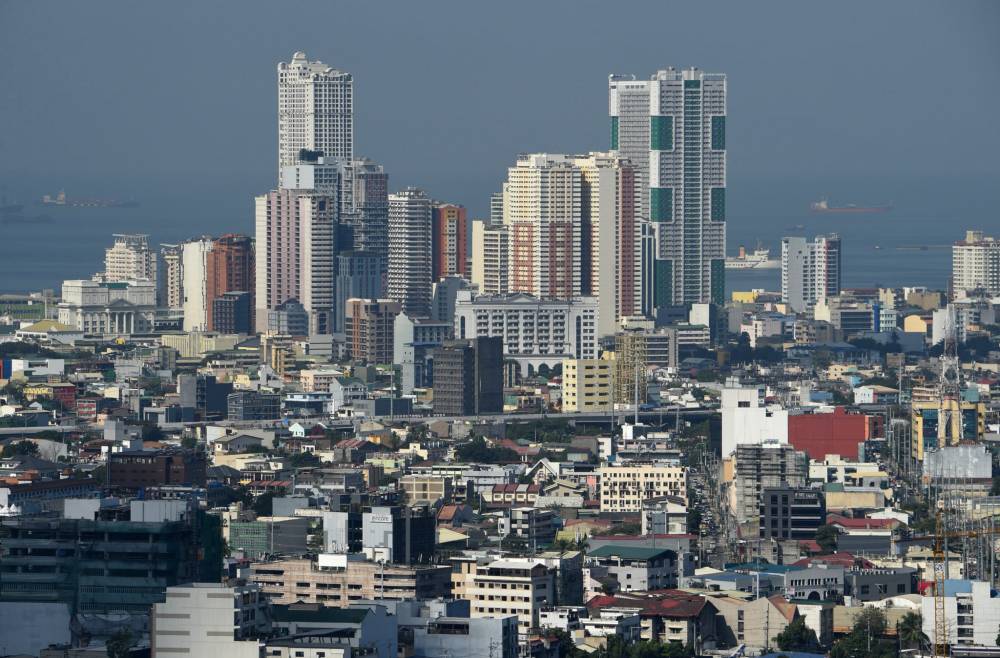
Political unrest across parts of Asia-Pacific including the Philippines, could pose risks to government finances, Fitch Ratings warned on Thursday, though easing interest rates may help offset some of the resulting fiscal pressures.
In a commentary, the credit ratings agency cited “notable” demonstrations in Nepal, Indonesia and the Philippines that could create “spending pressures” as authorities respond to public discontent.
“If the underlying tensions reflected in social unrest become more persistent, they may damage political effectiveness or economic prospects,” the global debt watcher said.
“Economic resilience and improved financing conditions have helped sustain emerging market issuers’ creditworthiness, but significant risks persist, including US tariffs, pressure on public finances and political uncertainty,” it added.
In the Philippines, allegations that senators, congressmen and contractors siphoned off funds for flood control projects have fueled public outrage and congressional inquiries.
On Sept. 21, tens of thousands of Filipinos poured into the streets in the largest rally yet to protest corruption in government and demand the prosecution of officials and their alleged accomplices.
Earlier this month, the Trillion Peso March movement—led by the Church Leaders Council for National Transformation and supported by more than 80 civic organizations—announced plans to stage anticorruption demonstrations every Friday beginning Oct. 10.
The campaign will culminate in a nationwide rally on Nov. 30, which coincides with Bonifacio Day.
Already, populist proposals such as an income tax holiday and a reduction in the value-added tax rate have made headlines, prompting warnings from the Department of Finance about their potential fiscal repercussions.
Finance Secretary Ralph Recto said last week that, based on recent discussions with S&P Global Ratings—one of the world’s three major credit watchers—the Philippines might have secured its long-sought A grade this year if not for governance concerns tied to the widening corruption investigations.
Recto warned that economic growth could fall short of the government’s 5.5 to 6.5 percent target for 2025, as the ongoing probes may delay public spending into next year.
Missing that goal could have fiscal consequences. Policymakers typically base revenue targets on projected economic growth, assuming that stronger activity leads to higher corporate sales, household incomes and, in turn, greater tax collections.
Even so, Recto said the government intends to maintain its fiscal deficit ceiling of 1.6 trillion pesos for this year, noting that weaker revenues would likely be offset by slower spending.
Fitch said lower interest rates should help ease debt service burdens for governments across the region.
“Under our baseline, prospects for further monetary loosening in several major emerging markets will support debt issuance and refinancing, as central banks move to take advantage of the domestic disinflationary effect of US dollar weakening and to offset external risks to growth,” it said.













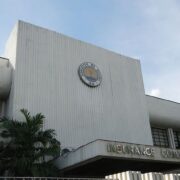

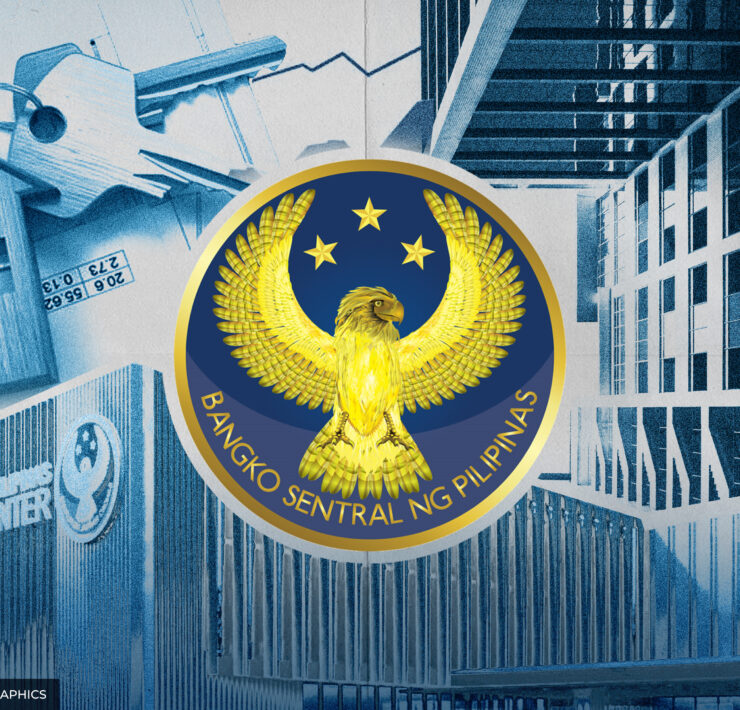
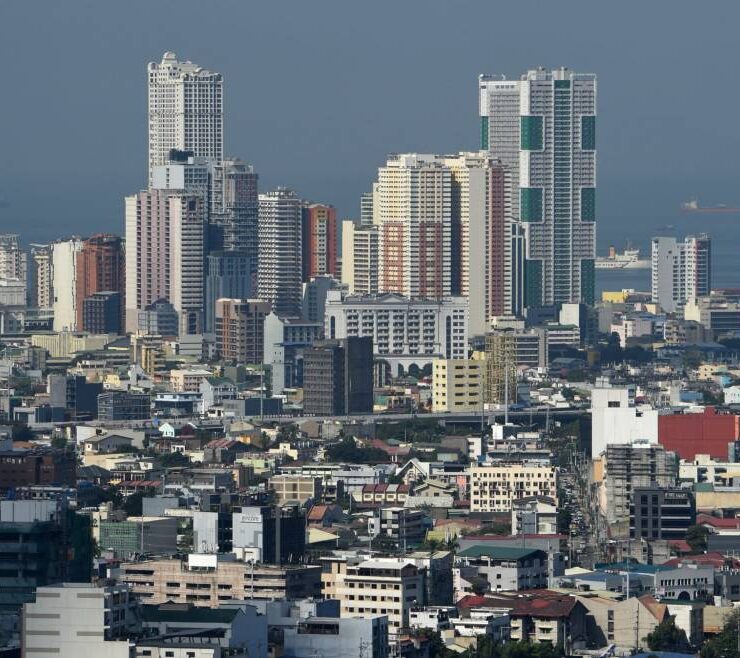

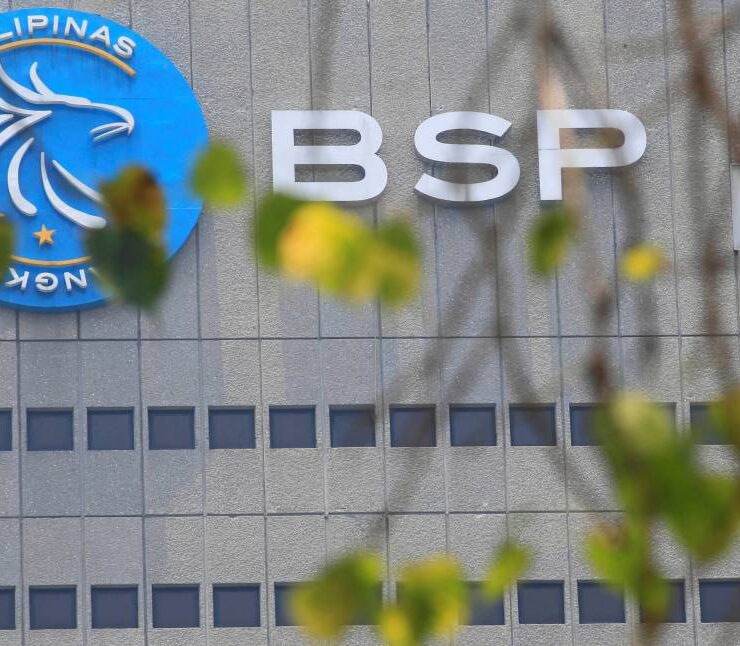


Implementing the correct rice tariff